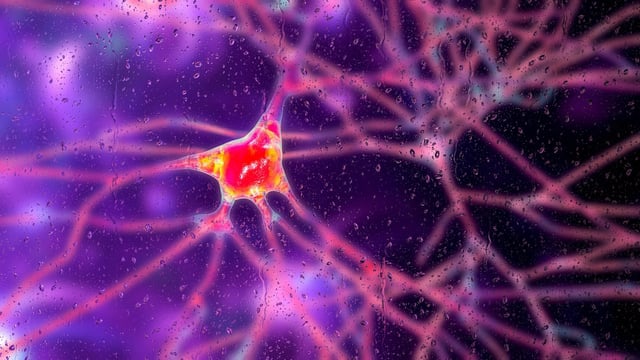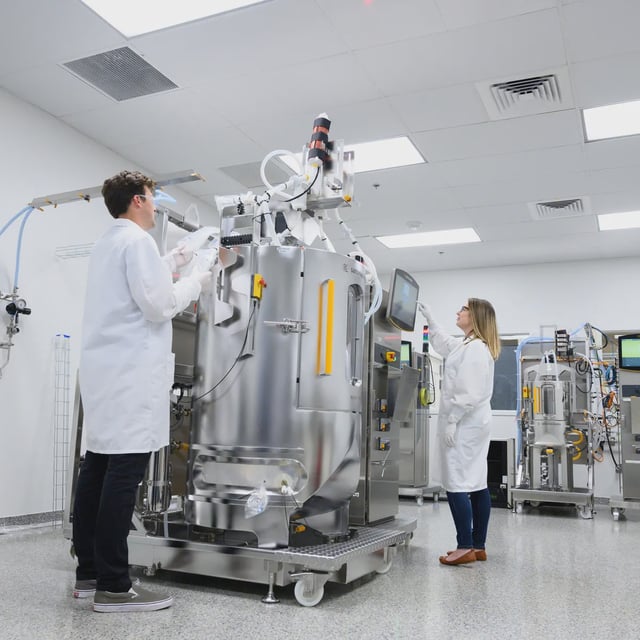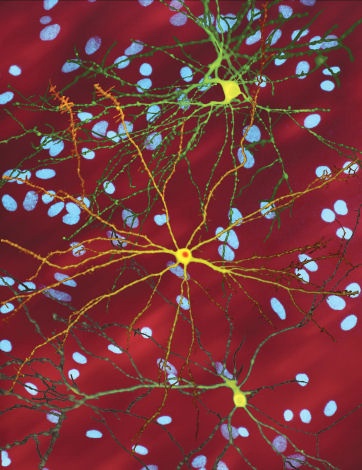Overview
- Topline data show the high‑dose AMT‑130 group had about a 75% reduction in clinical progression at three years versus propensity‑matched Enroll‑HD controls on cUHDRS and other measures.
- Tweny‑nine patients received treatment across high‑ and low‑dose cohorts, with investigators also reporting an average 8.2% decline in cerebrospinal fluid neurofilament light, a marker of neuronal injury.
- The company and UCL investigators described a manageable safety profile, with no serious adverse events reported since December 2022 and procedure‑related effects resolving.
- AMT‑130 is a one‑time AAV therapy delivering an artificial microRNA into the striatum via a lengthy neurosurgical infusion lasting roughly 12–20 hours, raising cost and access considerations.
- uniQure plans pre‑BLA discussions and targets an FDA submission in the first quarter of 2026, while experts caution that the small sample size and use of external controls require confirmation in larger, randomized studies.



